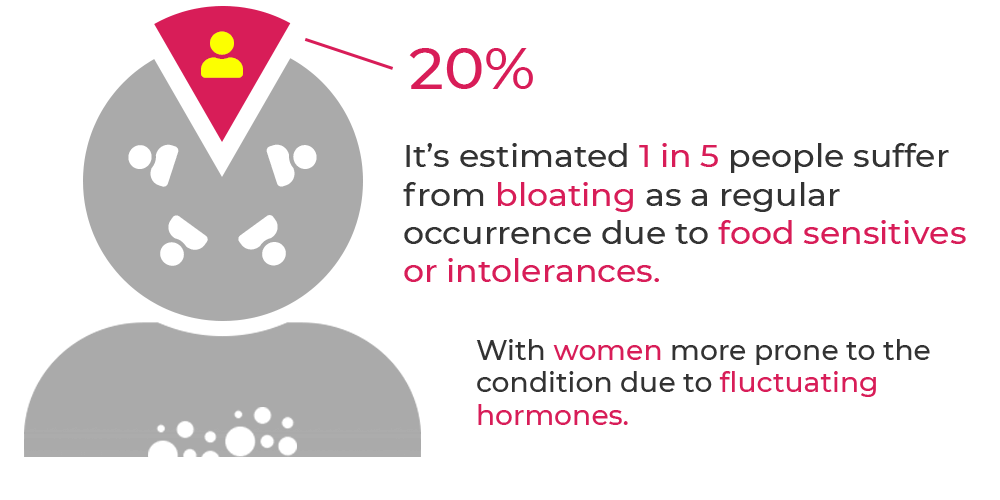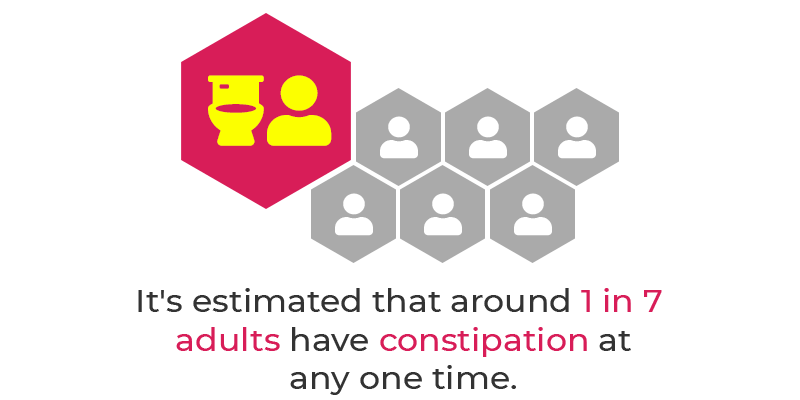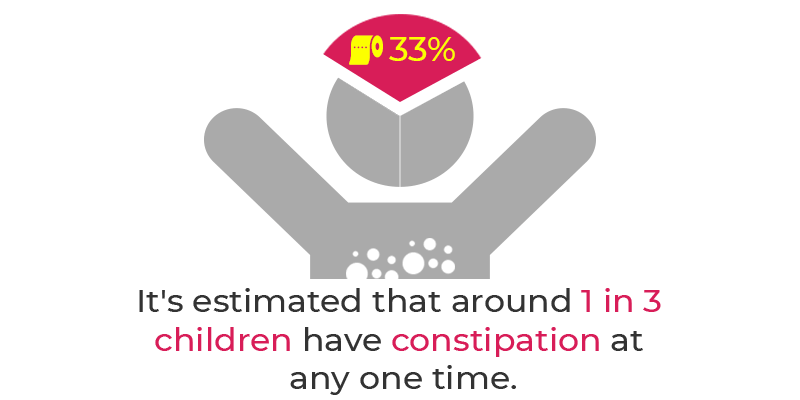Common Allergy and Intolerance Symptoms
Allergies and intolerances can cause a variety of symptoms which sometimes make them difficult to detect or diagnose. In addition, a food that may cause a be a trigger item in one person, may present a different reaction in another. Items including dairy, gluten, wheat, nuts and animal hair are common issues, but can cause a range of symptoms. On this page is the list of the most common reactions, and the symptoms they can portray.
Bloating
Bloating is one of the most common symptoms of intolerances and is defined as the swelling or distension of the abdomen and whilst it means a visible distension for certain people, others have the feeling without presenting physical aspects. Due to bloating being limited to the digestive system, it is often linked with excess flatulence (wind), discomfort and stomach swelling.
Bloating can be caused by different imbalances within the body, the main being food allergy or intolerance.
Issues can also occur as a side effect from dehydration, anxiety, stress and pregnancy.
Other causes are:
Constipation
Deficient nutrients (or absorption issues)
Bacterial imbalance
Nerve damage
Abnormal intestinal contractions


Constipation
Constipation is where you find it difficult to defecate, or your stools can be hard or painful to pass. Due to the increased excrement in your bowels, it can trigger issues such as cramps, bloating, stomach pain, and a decrease in hunger.
Constipation is often caused by the intestines absorbing a lot of water from your digestive system as it’s needed elsewhere which can slow the movement of faecal matter. A common cause of constipation is through the consumption of items which you have an intolerance to.


Diarrhoea
Diarrhea is an increased occurrence of excretion, usually looser, sometimes liquid-like stools. It can be followed by a painful stomach and bloating if not released. If linked with an ongoing illness, you may find a fever or increased thirst also presents.
Diarrhea is commonly a symptom of an undiagnosed food allergy or intolerance. The digestive system tries to remove the trigger item by flushing it out of your body. If you suffer from regular diarrhea, then you should seek an allergy or intolerance test. Consuming an item that you are allergic to for an increased amount of time could cause IBS (Irritable Bowel Syndrome) and malabsorption of nutrients.

Fatigue
Fatigue is usually defined as either physical, or mental exertion and is easily missed as a food sensitivity or intolerance symptom. Due to busy lives, people can ignore feeling tired and confuse it the effects of everyday living. Disregarding these symptoms in the long-term have shown to be a cause of common mental health issues.
Due to the body needing to properly process foods which it is reacting to, it has to use your energy to aid digestion. Understanding your allergies and intolerances can help you to avoid these items allowing you to sleep better and have more energy.


Headaches
There are two different types of headaches usually found: primary and secondary however it’s secondary headaches which are caused by an intolerance or allergy. Headaches can be caused by consuming foods or being exposed to items you should be avoiding. Vapours can enter the nasal canal and directly cause your headache.
Unfortunately, headaches are one of the most misdiagnosed intolerance symptoms, due to their confusion with:
Flu
Panic attacks
Tooth ache
Dehydration (see constipation)
Or even hangover


